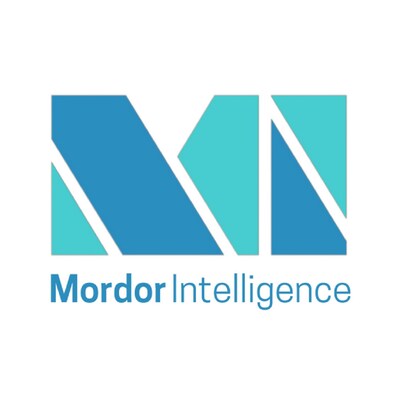18.7M Pills Lost Due to Healthcare Employee Misuse and Theft, Hospitals Must Do More to Detect Instances of Clinical Drug Diversion
Press Releases
Sep 26, 2018
NORFOLK, Va., Sept. 26, 2018 /PRNewswire/ — As the national conversation about opioid abuse continues, the effects of this epidemic on healthcare workers, who have easy access to controlled substances, remain underreported, according to Robert Lord, President and Co-founder of Protenus, a compliance analytics platform that uses artificial intelligence to find anomalous behavior occurring in our nation’s leading health systems. Lord, who is a featured speaker at the National Association of Drug Diversion Investigators (NADDI) Annual Conference, will be speaking on new research published in the Drug Diversion Digest. This report is the first of its kind to compile and analyze an array of data regarding publicly available clinical drug diversion incidents involving healthcare workers. Proactive monitoring is critical to effectively combat this critical challenge in healthcare, evidenced by the fact that 71% of diversion incidents between January and June 2018 involved a physician or nurse, according to the Drug Diversion Digest.
Lord’s presentation, “Results from the 2018 Midyear Protenus Diversion Digest,” discusses the current clinical diversion landscape with attention given to the unique challenges posed in the healthcare setting. The findings from the Diversion Digest emphasize the need for more proactive, comprehensive diversion monitoring, including strategies that use artificial intelligence to review every transaction within the hospital systems, allowing investigators to pinpoint the exact moment diversion occurs.
“Healthcare systems do their best to monitor for drug diversion incidents. However, they are limited by current detection methods, which rely on heavily manual processes, and reports, which require analyzing stacks of transaction logs, looking for possible incidents,” stated Lord. “My hope is that the Drug Diversion Digest will equip healthcare leaders with a new tool to help them advocate for resources and begin to implement solutions to detect and resolve these instances, better protecting members of their workforce and preventing harm to the patients they serve.”
There were 179 diversion incidents reported in the news in the first half of 2018. These incidents resulted in 18.7M pills lost as a direct result of healthcare worker misuse and theft, worth $164M. Given that only a fraction of all diversion incidents are detected or reported in the news, this is just the tip of the iceberg.
NADDI focuses on sustainable networking to encourage learning, advance knowledge, and strengthen prevention practices within in healthcare communities. The organization encourages the use of its members’ personal strengths and dedication with conscious thought about the healthcare community to make positive environmental, cultural and social impacts.
To register or learn more about Robert’s presentation, visit the NADDI website.
Presentation details:
October 3, 2018
1:00-2:00pm
Norfolk Waterside Marriott
About Protenus
The Protenus healthcare compliance analytics platform uses artificial intelligence to audit every access to patient records for the nation’s leading health systems. Providing healthcare leaders full insight into how health data is being used, and alerting privacy, security and compliance teams to inappropriate activity, Protenus helps our partner hospitals make decisions about how to better protect their data, their patients, and their institutions. This year, Protenus was named one of The Best Places to Work in Healthcare by Modern Healthcare and one of the Best Places to Work in Baltimore by the Baltimore Business Journal. Learn more at Protenus.com and follow us on Twitter @Protenus.
Contact
Kira Caban
Director, Public Relations
410-913-0274
![]() View original content:http://www.prnewswire.com/news-releases/18-7m-pills-lost-due-to-healthcare-employee-misuse-and-theft-hospitals-must-do-more-to-detect-instances-of-clinical-drug-diversion-300718420.html
View original content:http://www.prnewswire.com/news-releases/18-7m-pills-lost-due-to-healthcare-employee-misuse-and-theft-hospitals-must-do-more-to-detect-instances-of-clinical-drug-diversion-300718420.html
SOURCE Protenus



